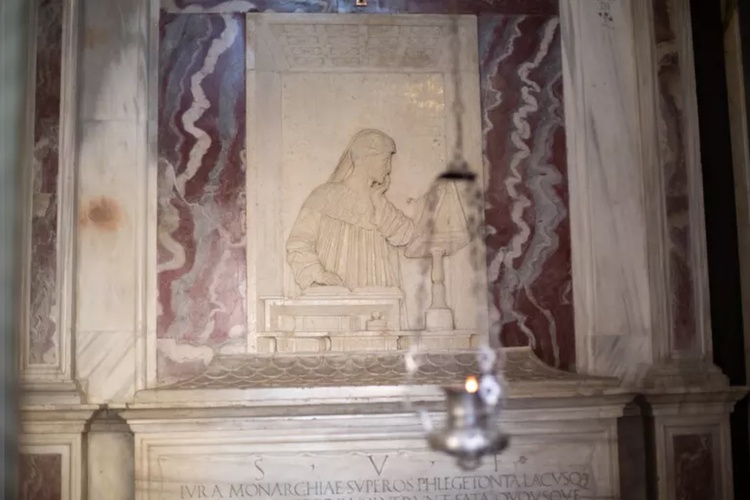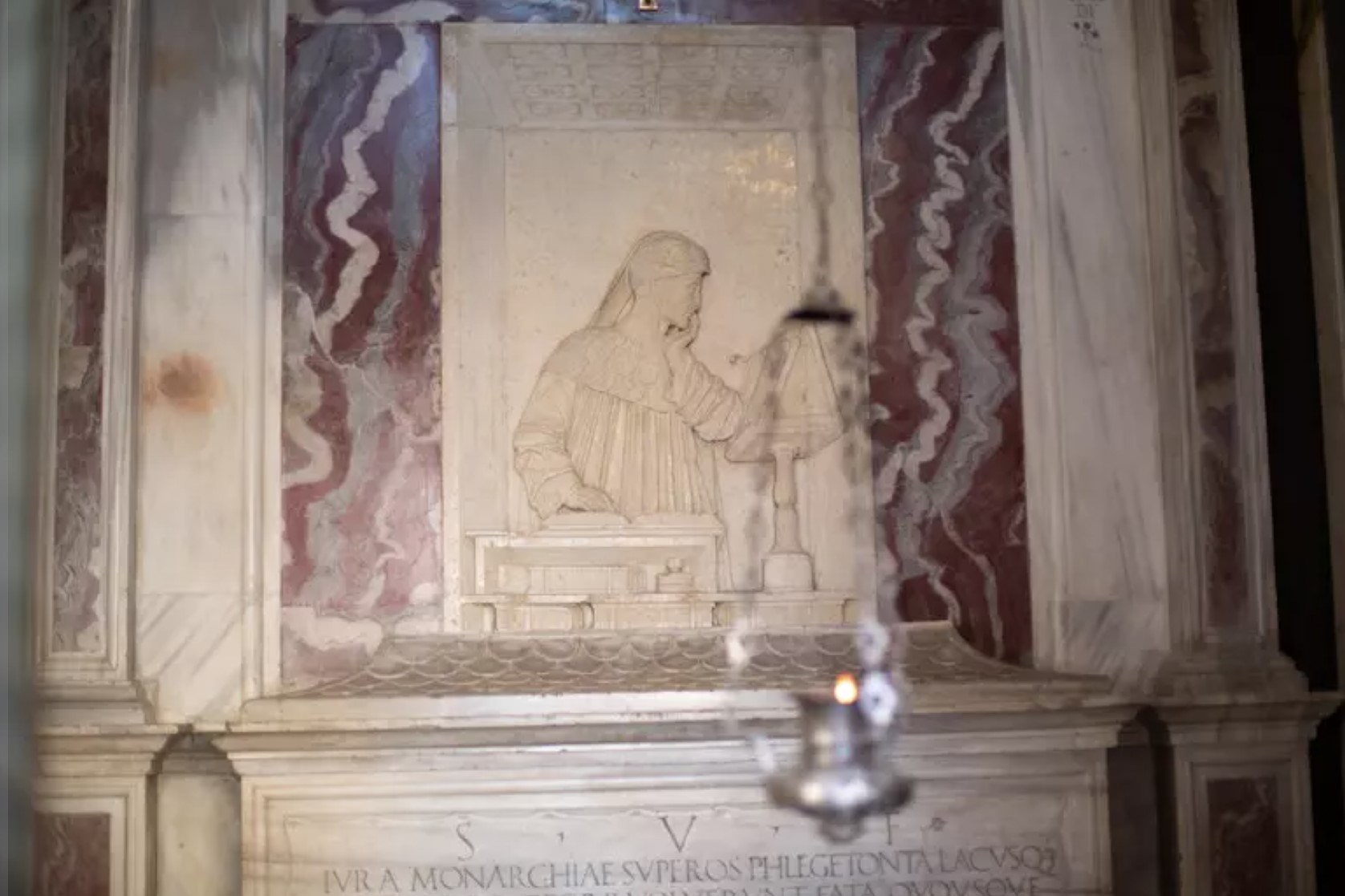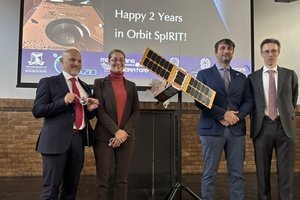The Italian diplomatic consular network is paying homage to the genius of the most famous Italian poet of all time, the foreign ministry said.
The ministry cited many initiatives dedicated to Dante organised for the occasion by embassies and cultural institutes abroad, from Canberra to Beijing.
Tajani, after having underlined that Dante was “the first great pro-European”, highlighted how the famed phrase of Ulysses in the Inferno exhorting his men to follow him on a last heroic voyage in their old age - “You were not made to live like brutes but to follow virtue and knowledge” - is “at the foundation of our civilisation”.
Born in Florence in 1265, the poet, moral philosopher and political thinker best known for his Divine Comedy is one of Italy’s best-loved cultural figures abroad.
The annual day celebrating Italy’s greatest poet was established formally by then culture minister Dario Franceschini in 2020.
The president of the Casa Dante museum in Florence, Cristina Manetti, also highlighted how the father of the Italian language had looked to a culture capable of overcoming borders.
“I think it is beautiful and useful, especially in these days in which too many are questioning Europe, to remember that among the spiritual fathers of Europe there are not only Altiero Spinelli and the others from (the island of) Ventotene, but also Dante Alighieri himself, in whom we can already find an idea of Europe and a common European thought,” she said.
“Saying this is not a stretch, it is recognising the vision of an extraordinary genius who, as we see in De Monarchia, looked to a single government of the continent and above all to a culture brought back to unity, capable of overcoming the borders and particular interests of kingdoms and peoples in the name of a universal aspiration.
“Remembering this on Dantedì and not limiting ourselves to considering Dante only the father of the Italian language, must be a source of pride for us Italians.
“And considering the deep roots of Europe - in another century we also find Goethe who connects this idea to the pilgrims’ paths - is a way to remove it from the exploitation of our time,” she said, referring to a row about Spinelli’s Ventotene Manifesto on European federalism between Italian Prime Minister Giorgia Meloni and the opposition.
ANSA











